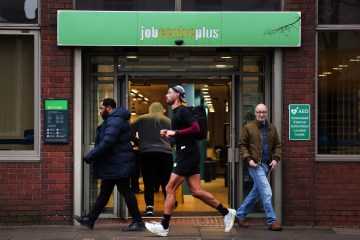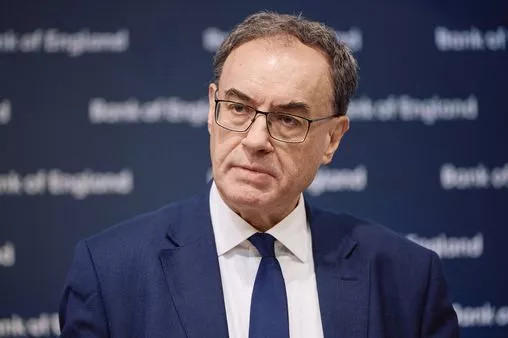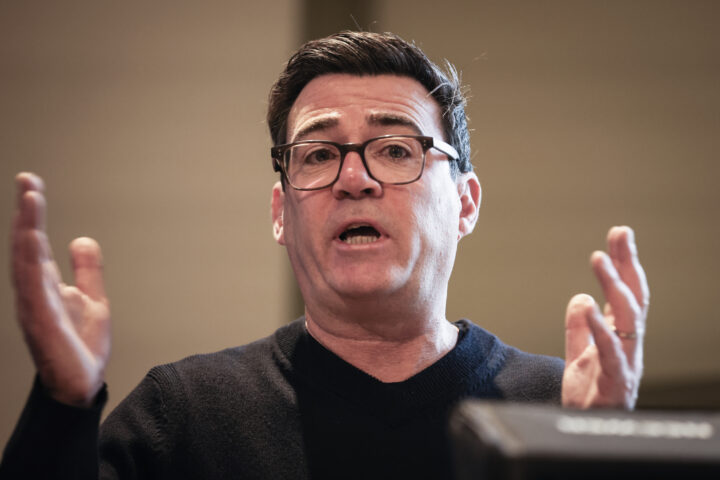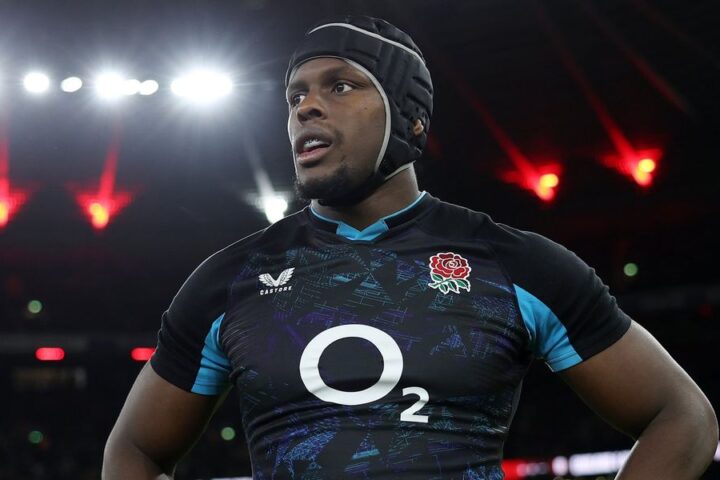Chancellor Rachel Reeves has acknowledged that she is contemplating both tax increases and spending cuts to address the substantial fiscal deficit she must rectify, reports BritPanorama.
Reeves attributed the pressures on the UK economy to factors including Brexit, austerity measures, and the impacts of the Liz Truss mini-budget, as she readies her second budget, set for November 26.
Her remarks follow a statement from Conservative Party officials who criticized her approach, claiming she is “killing growth and crushing jobs” amid rising unemployment, which recently reached a four-year high. This year, unemployment rose to 4.8 percent in the three months leading to August, up from 4.7 percent in the previous quarter.
Speaking to Sky News, Reeves stated, “Of course, we’re looking at tax and spending as well.” This admission comes after she reviewed an initial draft of the Office for Budget Responsibility’s (OBR) report, which outlined the scale of her fiscal challenges on October 3.
Reeves, who arrived in Washington, D.C. for the annual meeting of the IMF, has not publicly confirmed tax rises until now. Previous indications from cabinet ministers suggested that spending cuts were not anticipated.
When questioned about the economic “doom loop,” she expressed a commitment to breaking this cycle, declaring, “Nobody wants that cycle to end more than I do.” To meet her budgetary goals, she may need to secure up to £30 billion in savings.
This outlook has shifted following a reversal on winter fuel and welfare reforms, coinciding with a significant productivity downgrade by the OBR. In a recent update, the IMF raised the UK’s growth projections by 0.1 percentage points to 1.3% of GDP for this year but lowered next year’s forecast by the same margin.
Reflecting on her responsibilities, Reeves remarked during her election campaign, “I was really clear… that I would always make sure the numbers add up.” She has pledged to tackle the challenges head-on.
Economic Challenges
Despite the rise in unemployment and economic strain, industry experts note that the national insurance increase imposed this year may have exacerbated hiring difficulties for businesses. Shadow Welfare Secretary Helen Whately stated, “The only thing growing under Labour is the unemployment queue and the national debt.”
Critics have pointed out that the Labour government has “killed growth and crushed jobs and livelihoods,” leaving families to bear the financial burden. According to IMF forecasts, UK families will experience the highest inflation rates in the G7 this year and next, with prices expected to rise by 3.4% this year, up from a previous estimate of 3.2%.
For the following year, inflation is predicted to ease to 2.5%, a slight increase from earlier projections of 2.3%. Retail experts have cautioned that food inflation could even reach 6% by year-end, indicating ongoing pressures on consumers.














